Pakistan, China team up to develop orchards
Scientists help citrus farmers tackle pest epidemics, quality issues
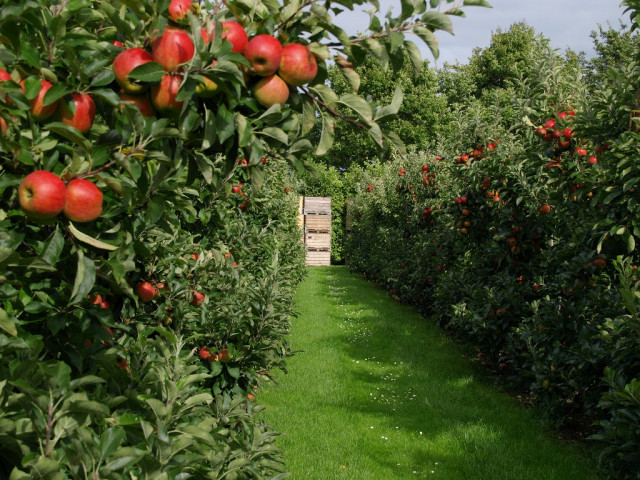
In the heart of Pakistan's citrus belt, a transformative collaboration between Chinese and Pakistani scientists is helping farmers break a decades-long cycle of crop loss and market rejection, offering new hope for the agricultural export-based economy.
At the centre of this change is Dr Shaukat Ali, Associate Professor at the Engineering Research Centre of Biological Control, Ministry of Education, College of Plant Protection, South China Agricultural University, whose work through the China-Pakistan Joint Research Centre for Integrated Citrus Pests Management is directly tackling the pest epidemics and quality issues that have long held back Pakistan's citrus industry.
"The single biggest challenge is the industry's inability to meet strict international phytosanitary standards," Ali told China Economic Net. "Shipments are frequently rejected due to endemic pests and diseases – this has trapped farmers in a cycle where they cannot access markets that would fund the very improvements they need."
Established in 2018 with the University of Sargodha, the research centre has become a practical example of technology transfer under the Belt and Road Initiative, focusing on sustainable, eco-friendly solutions tailored to local conditions.
Supported by a one-million-renminbi grant from the Guangzhou Science and Technology Bureau, Ali and his team have introduced integrated pest management strategies that are already showing scale. These include yellow sticky traps, specific-wavelength LED light traps, mass release of insect natural enemies and biological pesticides.
The project has established demonstration orchards across Sargodha district, where farmers can see firsthand the benefits of reduced pesticide use, improved fruit quality and higher export compliance.
Still, the path hasn't been smooth. Differences in pest behaviour, underdeveloped bio-agent production infrastructure and farmer scepticism initially slowed adoption. Regulatory barriers also complicated the cross-border exchange of biological samples. Through close collaboration with Pakistani academic institutions and ministries, the centre helped establish local insectaries and pushed for policy facilitation. Clear economic incentives eventually won over growers.
This article originally appeared on China Economic Net

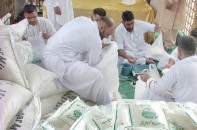




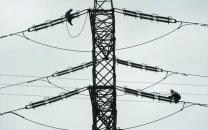





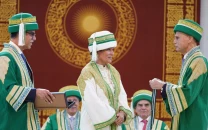
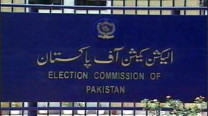
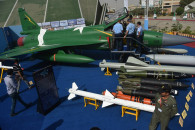






COMMENTS (1)
Comments are moderated and generally will be posted if they are on-topic and not abusive.
For more information, please see our Comments FAQ